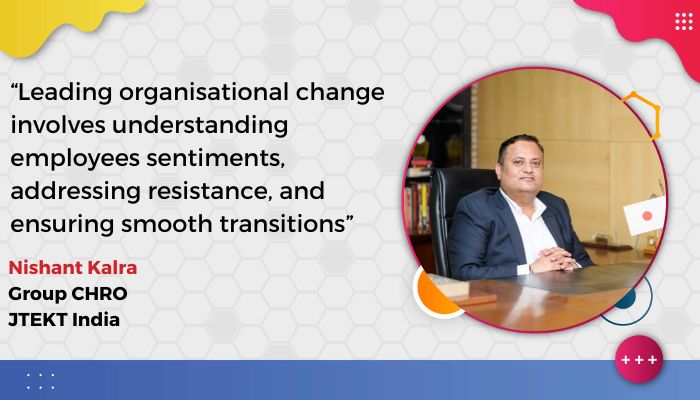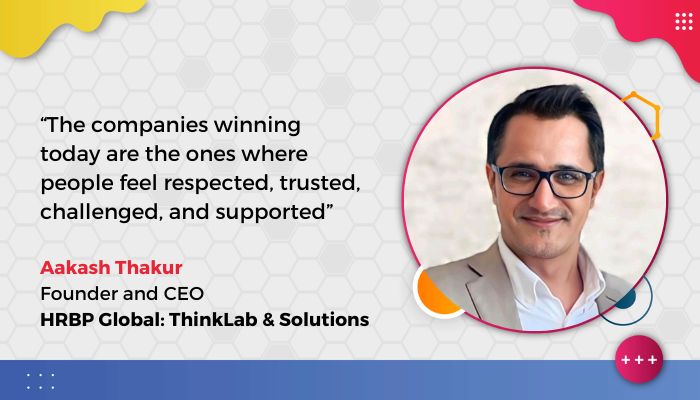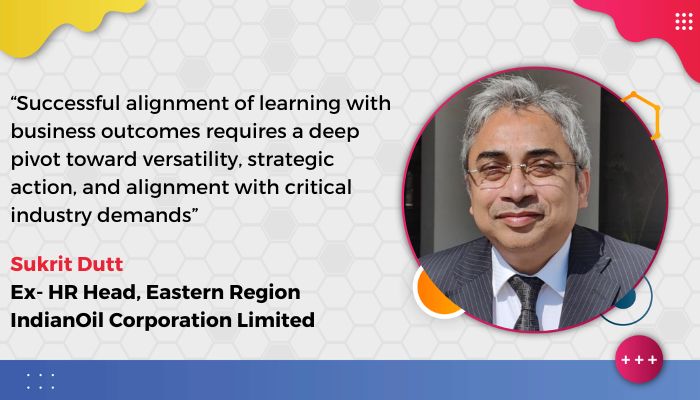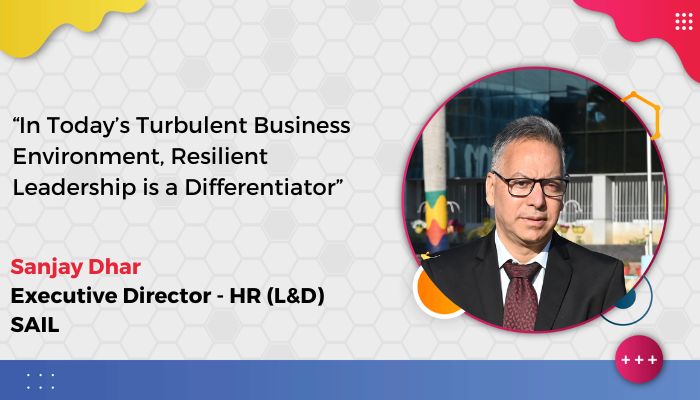By Nishant Kalra, Group CHRO, JTEKT India
As artificial intelligence (AI) continues to transform various professions, including human resources, certain job profiles within the HR profession are likely to remain essential due to some unique human skills and tasks they involve.
Following are some job profiles that are expected to endure despite the growing use of AI in human resources:
HR Business Partner: These professionals act as strategic consultants to management on HR-related issues. Their role involves understanding the business deeply, aligning HR strategy with business needs, and navigating complex organisational dynamics, which require human judgement and relationship-building skills.
Employee Relations Specialist: Managing workplace conflicts, mediating disputes, settlement with unions and fostering a positive organisational culture are tasks that demand empathy, emotional intelligence, and interpersonal skills—qualities that are difficult for AI to replicate.
Talent Development and Learning Specialist: Designing and implementing development programs, mentoring, coaching require a deep understanding of human behaviour and personalised interactions.
Change Management Specialist: Leading organisational change involves understanding employees sentiments, addressing resistance, and ensuring smooth transitions. This role requires high emotional intelligence and strong communication skills with courage.
To thrive in these roles, HR professionals should focus on strengthening the following skills:
- Emotional Intelligence (EQ): The ability to understand and manage one’s own emotions and those of others is crucial for conflict resolution, team building, and effective communication.
- Strategic Thinking: Understanding business needs and aligning HR strategies to support these objectives requires strategic insight and business acumen.
- Interpersonal Skills: Building strong relationships and networking to influence others are key for many HR roles that involve collaboration and negotiation.
- Change Management: Skills in guiding organisations through change, including understanding change theories and best practices in communication and employee engagement, are essential.
- Cultural Competence: The ability to work effectively with people from diverse backgrounds and foster an inclusive environment is important in globalised workplaces.
- Coaching and Mentoring: Providing guidance, support, and development opportunities to employees helps in talent retention and leadership development.
- Ethical Judgement and Decision Making: Maintaining high ethical standards and making fair, transparent decisions are critical in roles that involve employee welfare and organisational integrity. HR leaders should necessarily walk the talk.
- AI tools: It’s also important to learn and adopt AI tools, which are relevant.
By enhancing these skills, HR professionals can ensure they remain valuable assets to their organisations, even as AI tools become more prevalent.
About Nishant Kalra
Nishant Kalra is the Group CHRO of JTEKT India, who has revolutionised the manufacturing industry with innovative HR strategies and exceptional leadership. A highly decorated HR leader, Nishant has received numerous prestigious awards and recognitions, including HR Leader of the Year, Top 100 HR Leaders in India, The Great India CHRO & Visionary Personality in HR. These accolades are a testament to his unwavering commitment to excellence, visionary approach, and dedication to transforming the HR landscape. With a proven track record of driving business growth, fostering a culture of innovation, and developing high-performing teams, Nishant is a respected and sought-after thought leader in the HR Profession.
Disclaimer: The opinions and views expressed in this article, including any accompanying data, are the sole responsibility of the author and should not be construed as reflecting the official policy or position of India Employer Forum.






